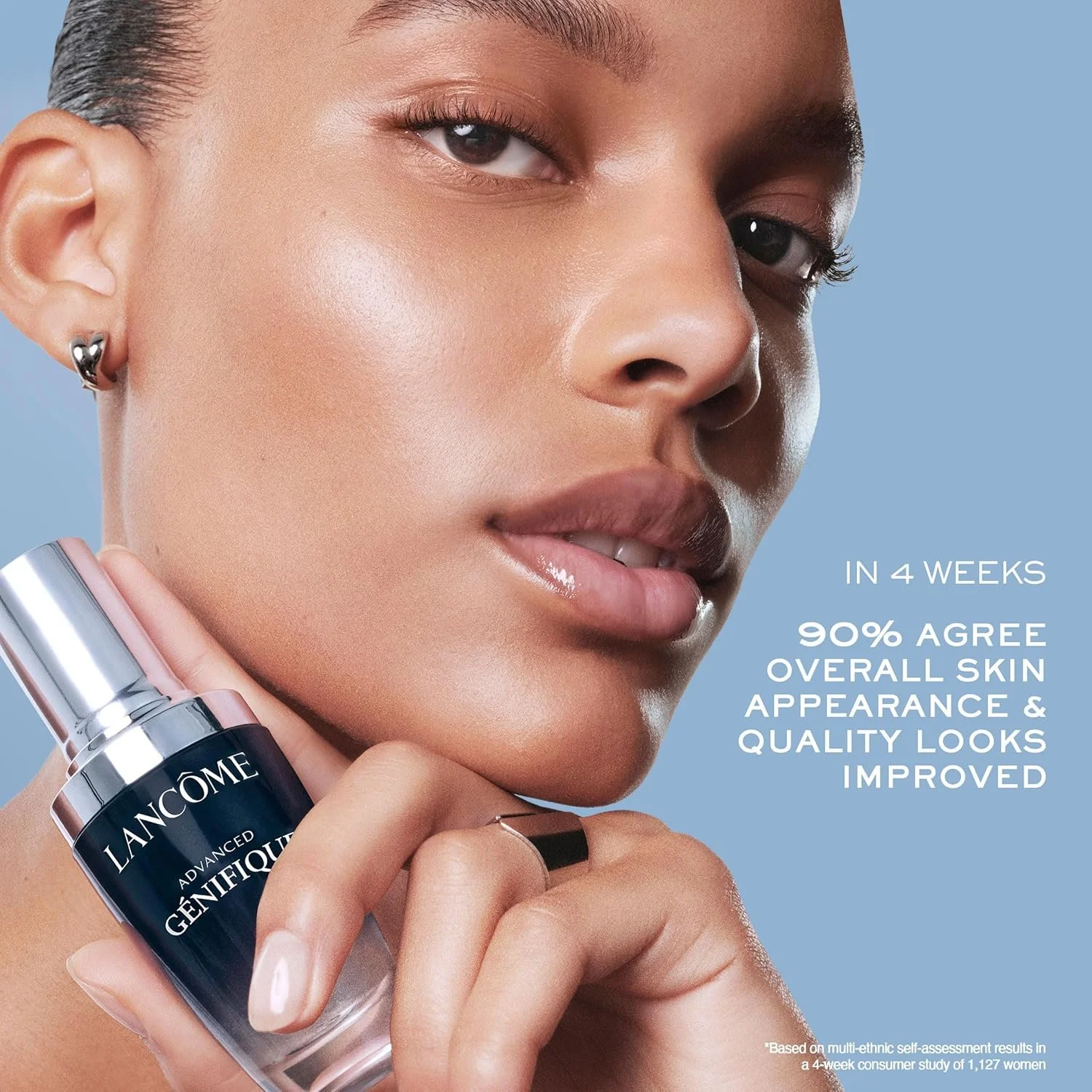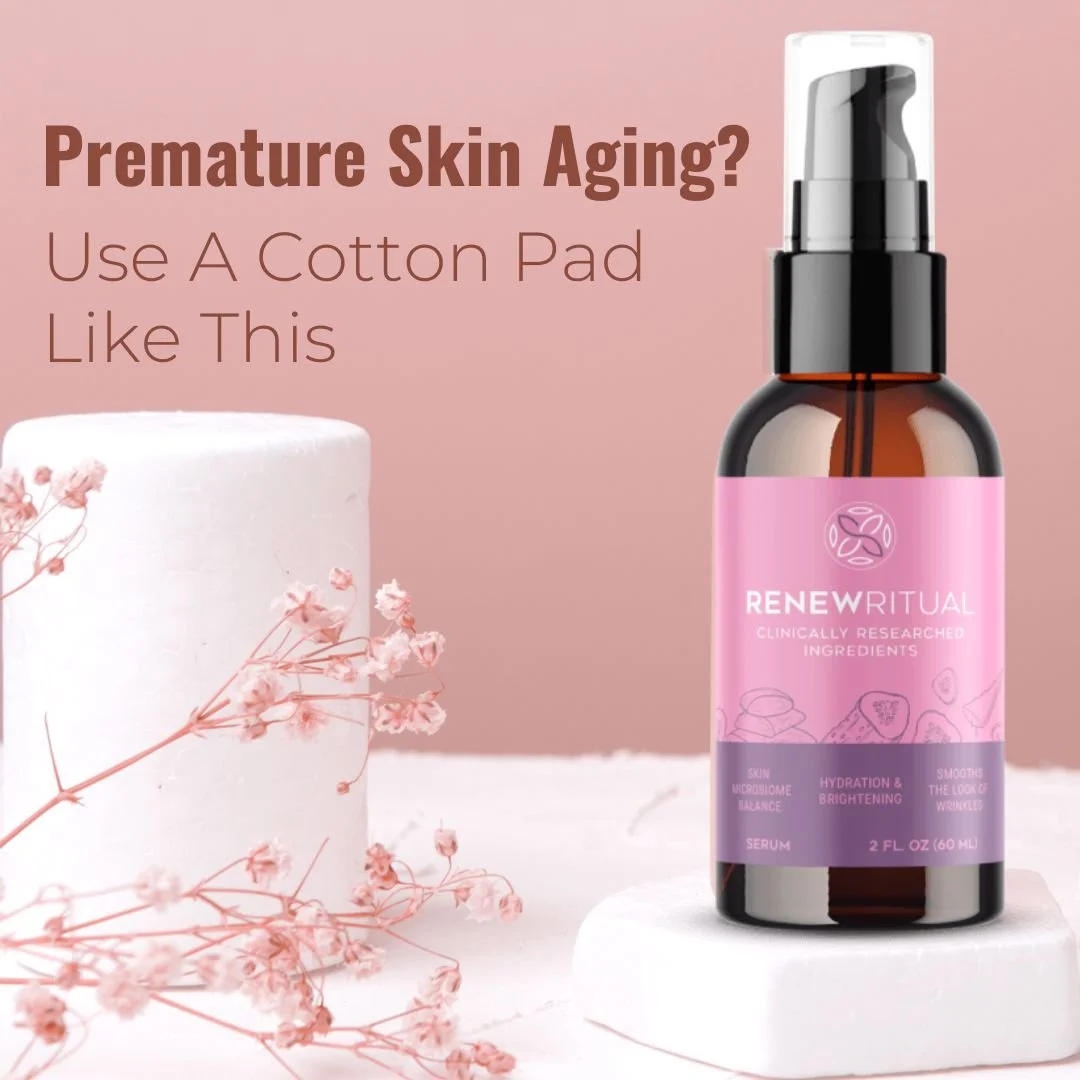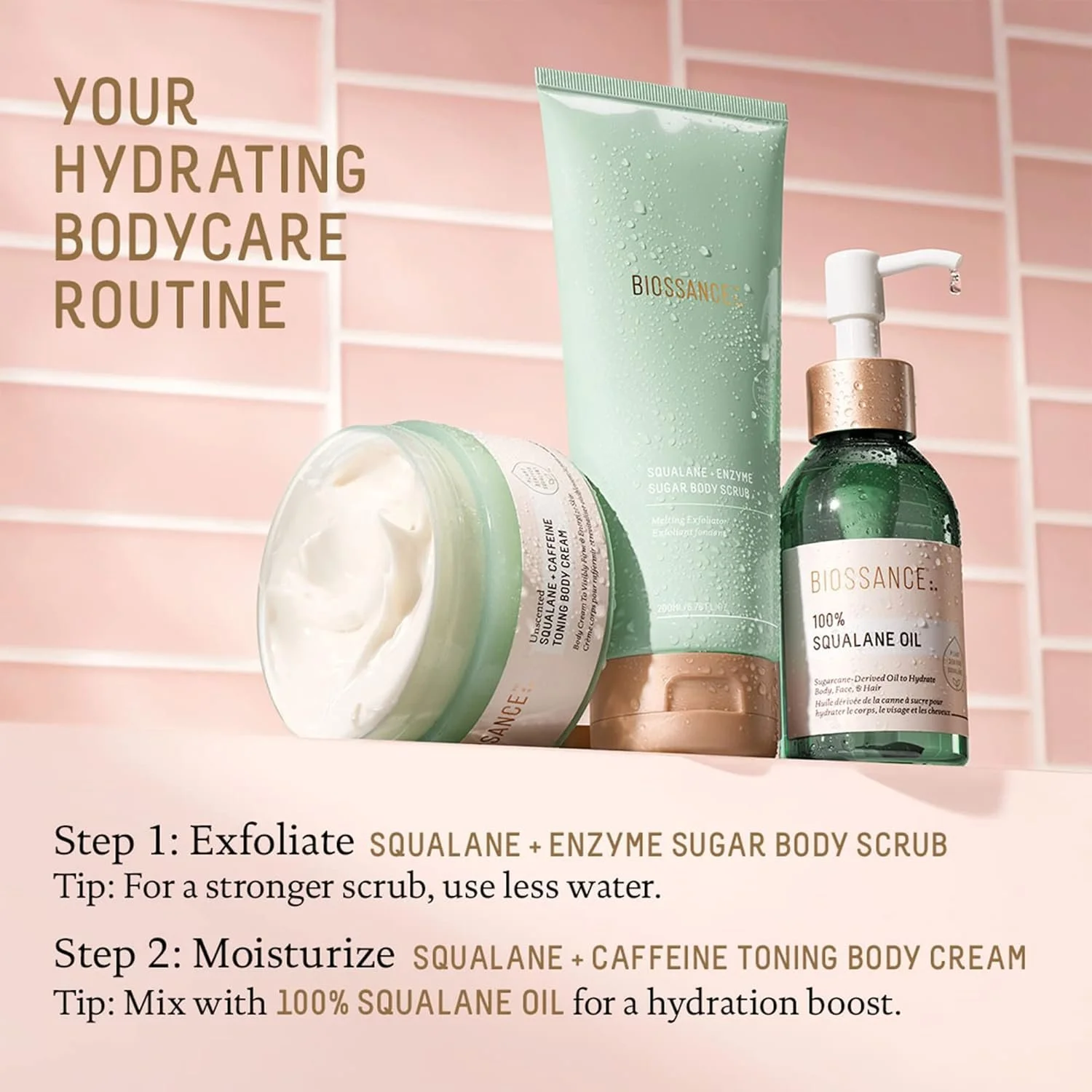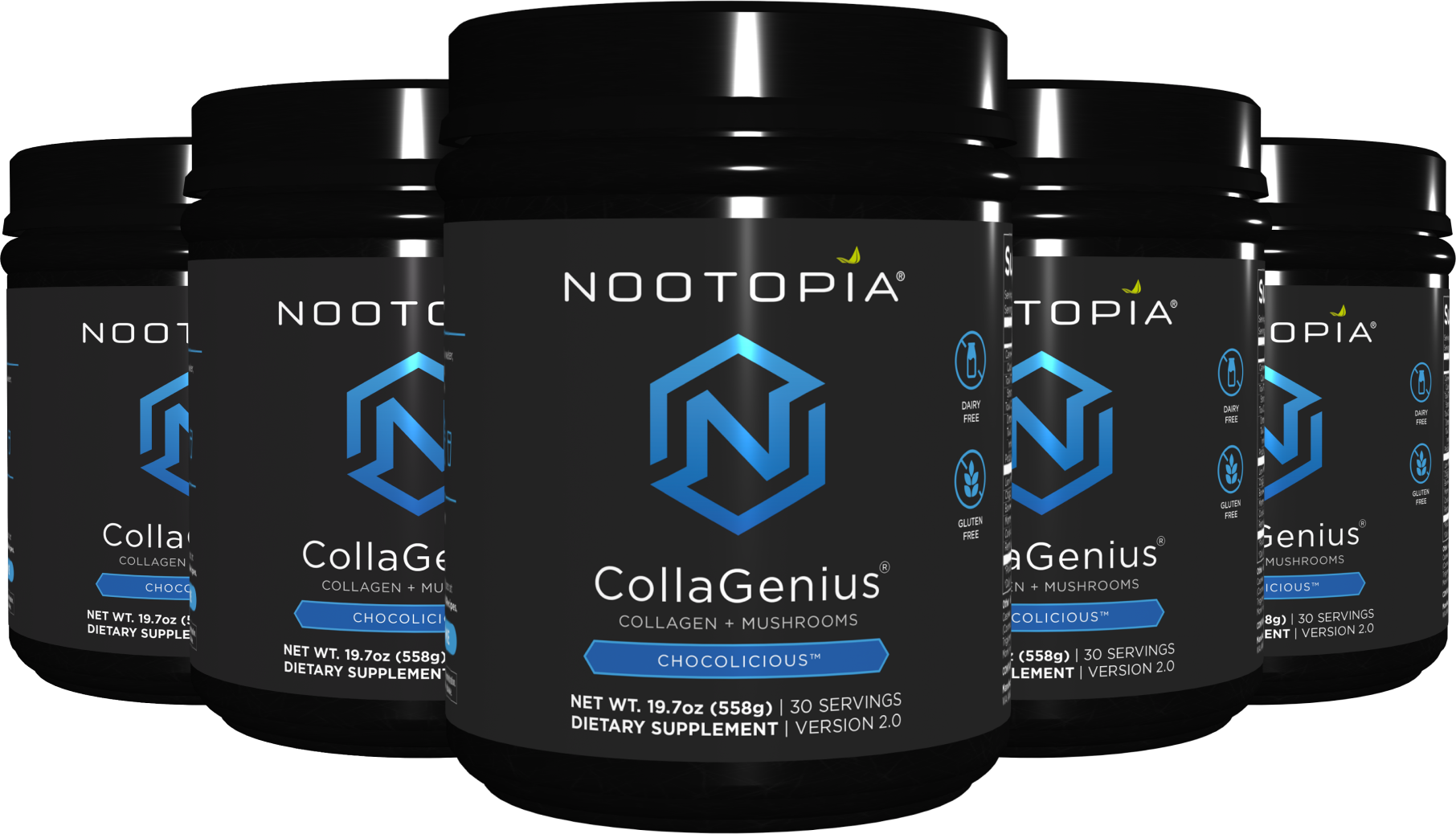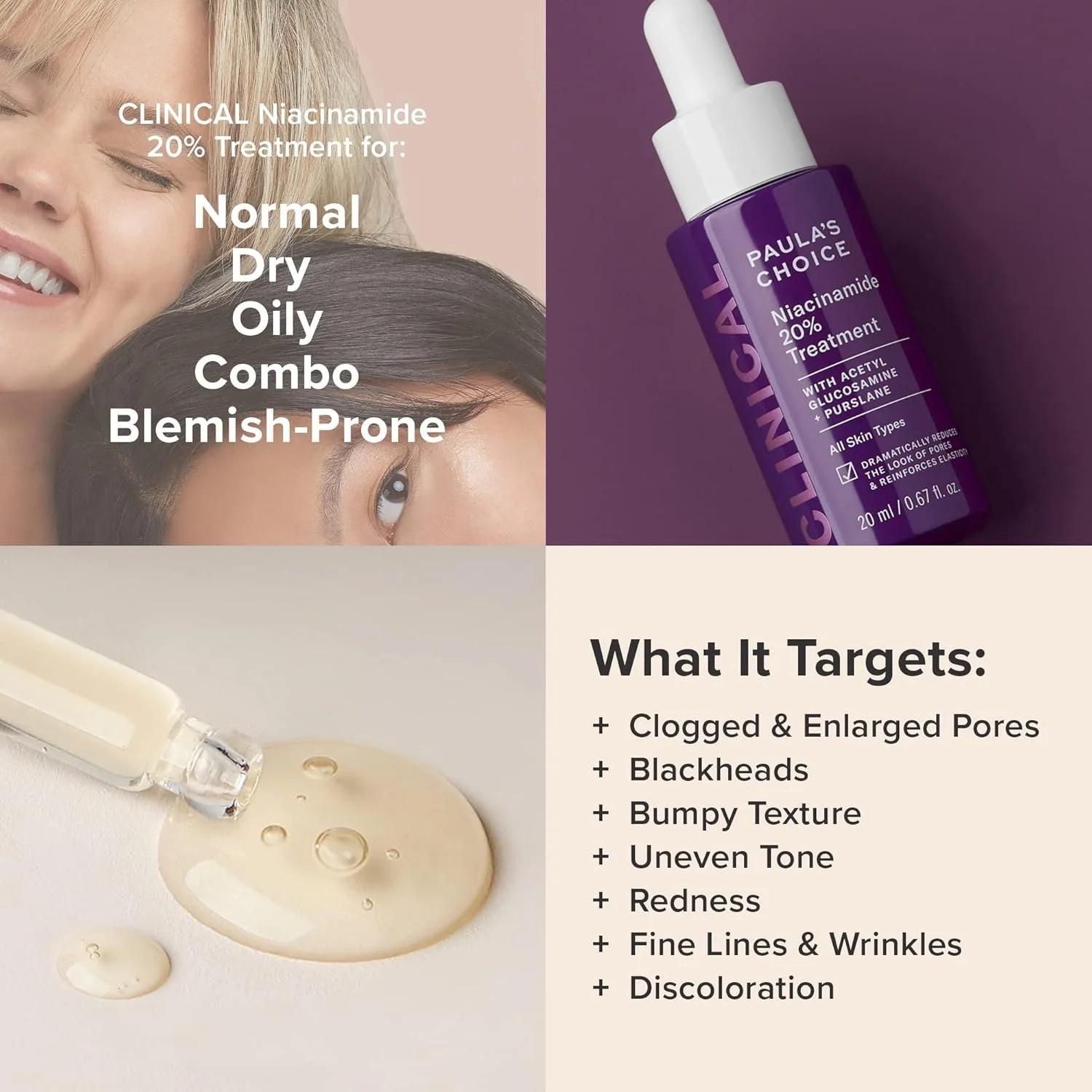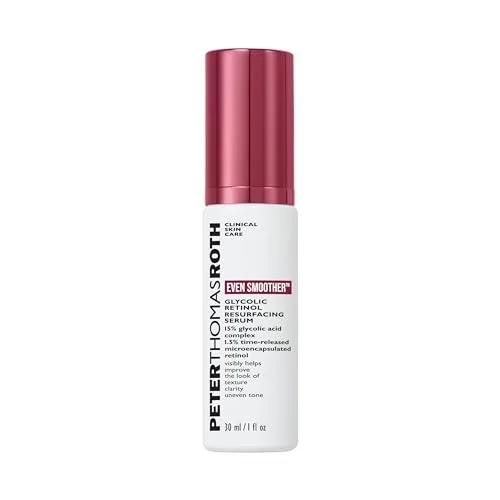Tips on How to Deal With The Hormonal Changes and Your Skin: A Rollercoaster Ride From Pregnancy to Menopause! Great Products to Use!
Let’s face it—skin changes are not always a fun ride. If you’ve ever gone through pregnancy, postpartum, or menopause, you’ve probably noticed that your skin goes from “glowing” to “glaring” at a moment’s notice. Sometimes it’s acne, sometimes it’s dryness, sometimes it’s wrinkles, and sometimes it’s all of them at the same time, just to keep you guessing. What’s going on, you ask? Welcome to the hormonal rollercoaster, where your hormones are driving the car and your skin is definitely not holding on to the seat for dear life.
But don’t worry, this is not a horror story. You can survive, thrive, and still look fabulous. In fact, understanding what’s going on with your skin during these life stages is the first step to taming the hormonal beast. So, let’s unpack the why’s, how’s, and “WHAT’S HAPPENING TO MY FACE?” of hormonal skin changes. Grab a seat, it’s time to dive deep!
The Root Cause: Hormones and Skin – It’s All About Balance
Your skin is basically a reflection of what’s happening inside your body, and guess what? Hormones love to mess with it. From pregnancy to menopause, hormonal fluctuations can send your skin into overdrive, and not always in the best way. So, what exactly is going on under the surface?
The Role of Hormones in Skin Health
Hormones—those sneaky little molecules that control everything from your mood to your metabolism—also dictate how your skin behaves. Key hormones like estrogen, progesterone, and androgens (yes, women have them too) can directly impact the health and appearance of your skin. They control oil production, collagen synthesis, skin elasticity, and hydration.
Here's how it breaks down:
Estrogen: When you have enough of it (hello, glowing skin!), estrogen keeps your skin thick, plump, and hydrated by boosting collagen production. It’s like the skin’s natural bodyguard against wrinkles and fine lines. It also reduces oil production, keeping acne at bay.
Progesterone: This hormone tends to have a more sneaky effect—it can increase oil production and leave your skin feeling a little greasier than usual, which sometimes means, hello, breakouts!
Androgens (Testosterone): Though typically associated with men, women have small amounts of androgens too. These guys can ramp up oil production, making your skin more prone to acne, especially in the chin, jawline, and neck areas. Thanks, androgens, thanks a lot.
So, what happens when these hormones start shifting dramatically during pregnancy, postpartum, and menopause? A whole lotta skin chaos!
Pregnancy: The Glow… or the Breakouts?
Ah, pregnancy—the time when everything’s “supposed” to glow, right? But let’s be honest, not everyone gets that pregnancy glow. For some, it’s more like a “pregnancy pimple-palooza.” That’s because the surge in estrogen and progesterone can cause a variety of skin changes. On the bright side, you might get that dewy, luminous skin everyone talks about. On the not-so-bright side, you could develop acne, dark patches (thanks, melasma), or even the dreaded linea nigra (the dark line that shows up on your belly and makes you feel like a walking barcode).
What’s Happening?
Increased oil production: With those surging levels of progesterone, your sebaceous glands are like, “Let’s make ALL the oil.” This can cause clogged pores and acne. Pregnancy acne often strikes in places you never had it before—like your back, neck, and jawline.
Melasma: Higher levels of estrogen and progesterone can also increase pigmentation, causing those lovely dark patches on your face. It's a totally normal pregnancy thing, but not something most of us look forward to.
Sensitivity: Pregnancy can make your skin more sensitive, so you might react to products you used to love, or the usual summer sun could suddenly leave you with a rash or irritation.
What Can You Do?
Stick to gentle, pregnancy-safe skincare. Avoid retinoids, salicylic acid, and certain essential oils.
Try gentle cleansers with ingredients like aloe, chamomile, or calendula—skin-soothing and safe for your little one.
Moisturize like your life depends on it. Hyaluronic acid and squalane are both great for keeping your skin hydrated.
For acne, look for tea tree oil or witch hazel, which are natural ingredients that can help clear up breakouts without the harsh chemicals.
Postpartum: Dry Skin, Acne, and Hair Loss—Oh My!
BiOptimizers’ sister company, Nootopia, has formulated the perfect blend of brain-optimizing nutrients to maximize neurogenesis. It contains 5 of the best superfoods on earth in one tasty drink to give you sexier skin, vibrant hair & strong nails, a robust immune system AND a better brain thanks to the 1.2 POUNDS of concentrated mushrooms.
You’d think after delivering a baby, your body would just give you a break, but nope—postpartum is another hormonal frenzy. Once those pregnancy hormones start to plummet, your skin can go from oily to dry, from glowing to dull, and from acne-free to a full-on break-out bonanza. Add in the stress, lack of sleep, and general chaos, and it’s no wonder your skin is feeling a bit… betrayed.
What’s Happening?
Dryness and Sensitivity: As estrogen and progesterone levels drop, your skin loses hydration. Your skin barrier is less effective, making it more prone to dryness, irritation, and even eczema or rosacea flare-ups.
Postpartum Acne: It’s a cruel joke, really. Your skin was breaking out during pregnancy, and now—after delivery—it’s still at it. Progesterone and androgens are still fluctuating, and sometimes it can cause acne to rear its ugly head, especially along the jawline or chin.
Hair Loss: Okay, this one’s not technically skin, but it’s related. After childbirth, women often experience hair shedding due to changing hormone levels. But don’t worry, it’s usually temporary (though it can feel like a lot of hair coming out all at once!).
What Can You Do?
Hydrate! Embrace rich, natural moisturizers to restore lost hydration. Look for products with shea butter, jojoba oil, or rosehip oil.
For acne, try manuka honey—it’s antibacterial and can help calm inflammation. Or use niacinamide—it reduces redness and acne breakouts without drying out your skin.
Use gentle exfoliants—nothing too harsh here! A mild exfoliant with lactic acid or fruit enzymes can help slough off dead skin without irritating postpartum skin.
Menopause: The Big “M” and Skin Changes That Just Keep Coming
Ah, menopause. The grand finale of the hormonal trilogy. When estrogen levels dip dramatically (and progesterone takes a back seat), your skin starts to show some very noticeable signs of aging—think dry patches, loss of elasticity, and, of course, the occasional breakout (yes, even menopause can bring acne!).
What’s Happening?
Collagen Loss: Estrogen is a key player in keeping your skin plump and youthful. As levels decline, collagen production slows down, and your skin can start to feel thinner and less elastic. You might notice sagging, fine lines, or a general loss of that youthful glow.
Dryness: Without enough estrogen, your skin becomes less able to retain moisture, leading to dry, flaky skin. The same creams that once made your skin look dewy might now leave you feeling tight and parched.
Menopausal Acne: Ah, the menopause paradox—while your skin may become drier in some areas, you may also notice more oil production in others. The combination of excess oil and the decline in estrogen can trigger acne, particularly around the jawline or chin.
What Can You Do?
Use Rich Moisturizers: Look for hyaluronic acid, ceramides, and squalane to lock in moisture. You’re going to need it!
For fine lines, try peptides—they help stimulate collagen production and restore skin elasticity.
If acne is a problem, opt for salicylic acid or retinol (in moderation), which can help clear pores and combat acne without drying out your skin.
The Bottom Line: Embrace the Change (And Your Skin Will Thank You)
Your skin’s journey through pregnancy, postpartum, and menopause doesn’t have to be a horror story. Sure, there are some bumps along the way—literally and figuratively—but with the right skincare, a little patience, and some understanding of how hormones impact your skin, you can navigate these changes with grace, confidence, and yes, a little glow.
Remember: your skin is doing exactly what it’s supposed to do—adapting to your body’s natural rhythms. But with a tailored approach, like using safe, natural products for each stage, you can help support your skin, calm down the breakouts, and restore your moisture levels. Whether you’re pregnant, postpartum, or entering menopause, you’ve got this! And hey, your skin will be better for it. Sure, perimenopause and menopause can feel like a lot of unexpected change, but remember: it’s a natural transition. Your body’s just asking you to evolve and adapt, and you can come out the other side feeling empowered, healthy, and—dare I say—pretty fabulous.
As you navigate this phase, remember to take it easy on yourself. You’re not the only one on this journey, and there’s a whole community of women out there cheering you on. Whether it’s hot flashes, mood swings, or the occasional “Where did I put my keys?” moment, know that you’ve got the power to handle it with grace, humor, and the right support.
So, here’s to rocking menopause and perimenopause like the fabulous, wise, and incredibly powerful woman that you are!Embrace the glow, laugh through the breakouts, and know that the best is yet to come.
Purchases made from the links on this site may result in a commission.

